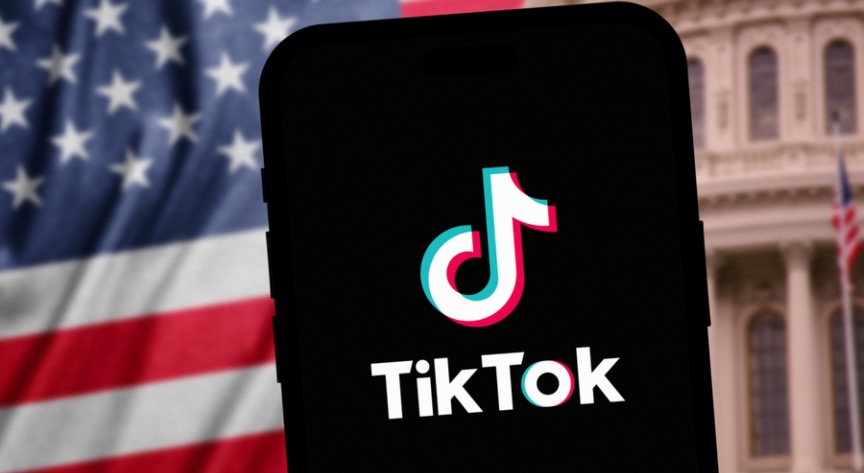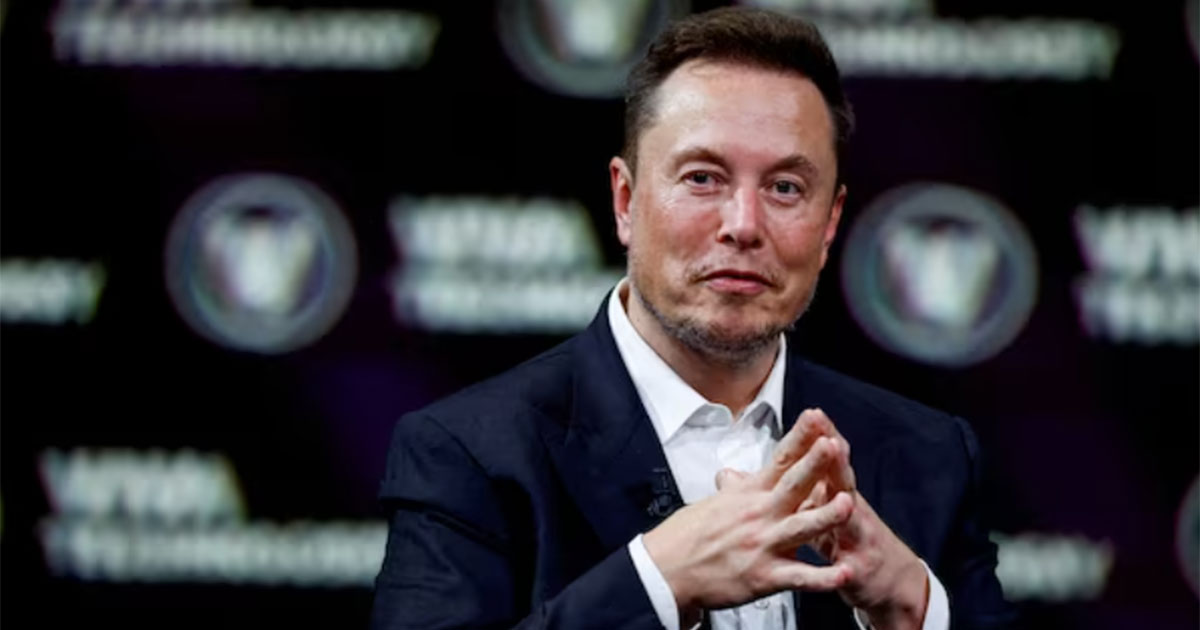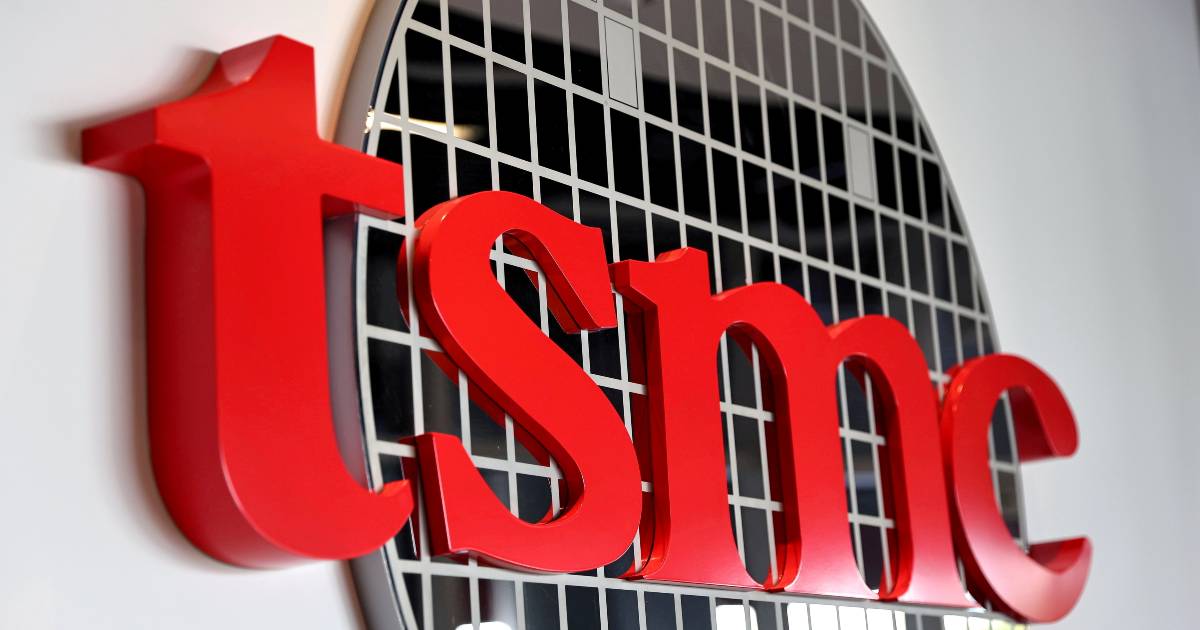According to reports from Agence France-Presse, Kyrgyzstan has banned access to TikTok since April 18, claiming that this move is to "protect children". The Digital Department of Kyrgyzstan cited the instructions of the security department and conveyed the decision to local operators to restrict TikTok.
Now, when local netizens try to access TikTok, they will receive a message: "Unable to load. Please try again."
Kyrgyzstan's National Security Council, known as the GKNB, was formerly the Soviet-era KGB secret police and was led by Kamchybek Tashiev. According to AFP, Kyrgyzstan’s Digital Ministry claimed that TikTok parent company ByteDance “failed to comply” with a legal requirement to protect “the mental, physical, spiritual and moral development of children.”
Kyrgyzstan is not the first Asian country to ban TikTok.
In 2020, claiming "for privacy and security considerations", India banned TikTok, WeChat, and dozens of other Chinese applications. Since October 2020, Pakistani authorities have temporarily banned TikTok at least four times on the grounds of concerns that the application would promote unethical content. In 2022, the Taliban in Afghanistan banned TikTok on the grounds of protecting young people from "misguidance".
And in Europe and the United States, TikTok has been somewhat labeled with a political tag to some extent. Many European and American countries such as the United States, the United Kingdom, and Australia have all banned the use of TikTok on government devices. Ironically, leaders of various countries are aware of the influence of TikTok among young people and have opened accounts on TikTok one after another. French President Macron, US President Biden, and German Chancellor Scholz all have official accounts on TikTok. The videos Macron posted on this platform are also very popular, and he has more than 4 million TikTok fans.
In Kyrgyzstan's encounter, perhaps TikTok at the moment has no time to take into account. Because in the United States, TikTok is currently facing an unprecedented crisis of control!
On March 5, U.S. time, the "Special Committee on U.S.-China Strategic Competition" (referred to as the "China Committee") of the U.S. House of Representatives announced a legislative proposal that requires ByteDance to cease operations within 165 days on the grounds that it poses a threat to national security. , divested TikTok, the world’s most downloaded short video application. Otherwise, TikTok will be banned from major app stores.
Faced with this bill, TikTok also responded very strongly. Soon after, the TikTok App started pop-up windows for a large number of American users, directing users to call their local congressmen, clearly hoping that they could help "prevent TikTok from shutting down."
However, this large-scale pop-up operation failed to achieve the expected results, and may even have had a counterproductive effect, making the US government aware of TikTok’s huge influence in mobilizing public opinion. The U.S. House of Representatives Energy and Commerce Committee unanimously passed the bill with a vote of 50:0 on March 7, U.S. time.
On March 11, TikTok launched another pop-up notification for a large number of users. This time the copy was changed, mentioning that "your voice can save the TikTok community you love." In the notice, TikTok informed users that if the House of Representatives votes to ban TikTok, the government will "take away the community that you and millions of Americans love" and continues to call on users to call their congressmen in their districts to prevent the TikTok ban.



